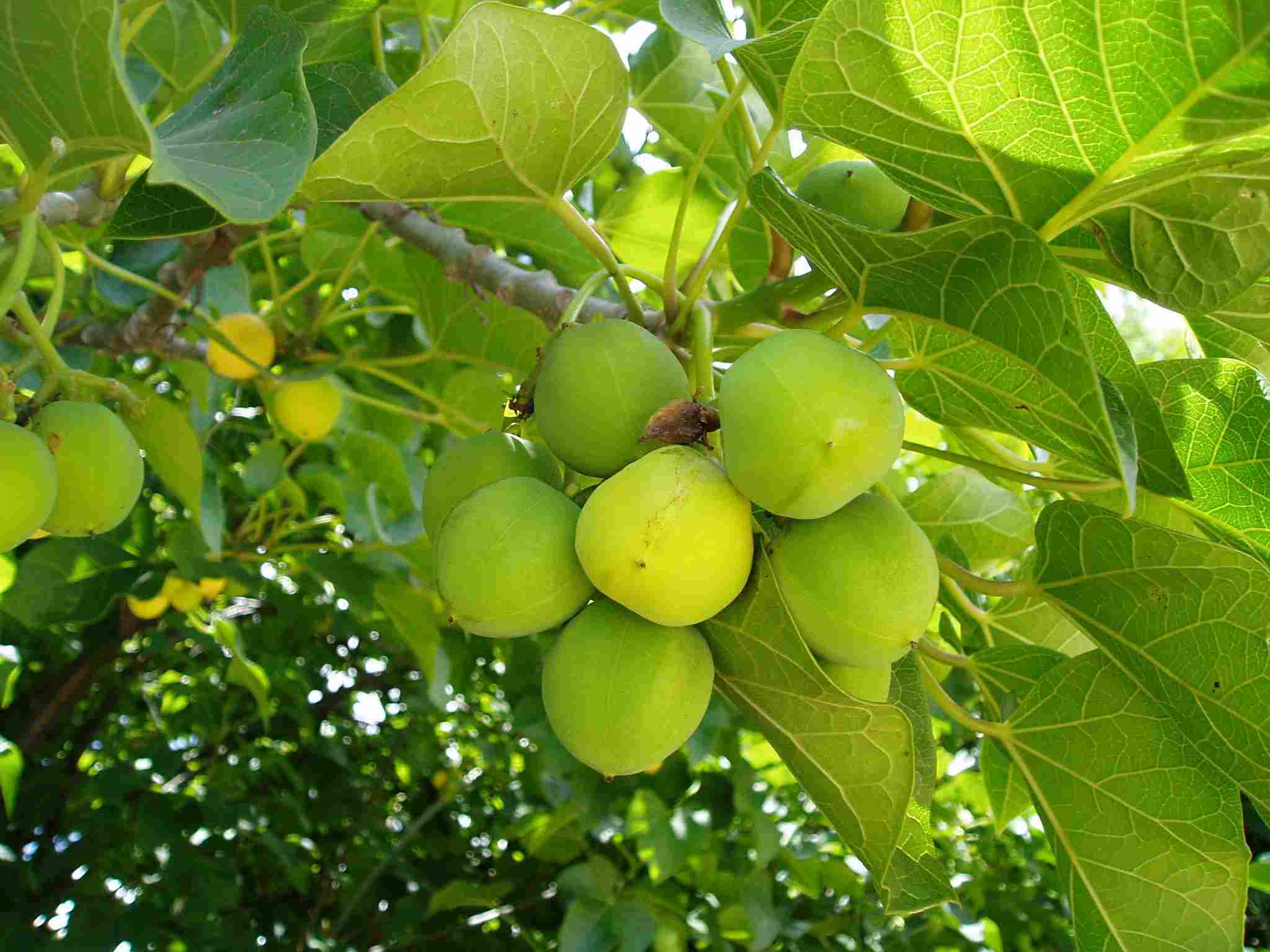Desert 'carbon Farming' To Curb CO2
본문

Desert 'carbon farming' to suppress CO2
1 August 2013
Share
close panel
Share page
Copy link
About sharing
By Matt McGrath
Environment correspondent, BBC News
Scientists say that planting large numbers of jatropha trees in desert areas might be an efficient way of suppressing emissions of CO2.
Dubbed "carbon farming", scientists state the concept is financially competitive with modern carbon capture and storage jobs.
But critics say the concept might be have unpredicted, unfavorable effects consisting of increasing food rates.
The research study has actually been released, external in the journal Earth System Dynamics.
Seeds of change
Jatropha curcas is a plant that came from Central America and is effectively adjusted to severe conditions consisting of incredibly dry deserts.
It is already grown as a biofuel, external in some parts of the world because its seeds can produce oil.
In this study, German scientists showed that one hectare of jatropha could record as much as 25 tonnes of co2 from the atmosphere every year. The scientists based their price quotes on trees presently growing in trial plots in Egypt and in the Negev desert.
"The outcomes are overwhelming," stated Prof Klaus Becker, from the University of Hohenheim in Stuttgart.
"There was great growth, a great action from these plants. I feel there will be no issue trying it on a much bigger scale, for example 10 thousand hectares in the beginning," he stated.
According to the researchers a plantation that would cover 3 percent of the Arabian desert would take in all the CO2 produced by vehicles and trucks in Germany over a twenty years period.
The researchers state that a crucial aspect of the strategy would be the schedule of desalination facilities. This means that at first, any plantations would be confined to coastal areas.
They are hoping to develop larger trials in desert locations of Oman or Qatar. Prof Becker says that unlike other plans that just balance out the carbon that individuals produce, the planting of jatropha could be a great, short-term solution to environment modification.
"I believe it is a great concept due to the fact that we are actually extracting carbon dioxide from the environment - and it is completely various in between drawing out and avoiding."
According to the researcher's estimations the expenses of suppressing co2 by means of the planting of trees would be between 42 and 63 euros per tonne. This makes it competitive with other techniques, such as the more high tech carbon capture and storage, external (CCS).
A number of countries are currently trialling this innovation, external however it has yet to be deployed commercially.
Growing jatropha not only absorbs CO2 however has other advantages. The plants would help to make desert locations more habitable, and the plant's seeds can be collected for biofuel say the researchers, offering an economic return.
"Jatropha is perfect to be become biokerosene - it is even much better than biodiesel," stated Prof Becker.
But other specialists in this location are not convinced. They indicate the fact that in 2007 and 2008 big numbers of jatropha trees were planted for biofuel, especially in Africa. But many of these endeavors ended in tears,, external as the plants were not in dealing with dry conditions.
Lucy Hurn is the biofuels campaign manager for the charity, Actionaid. She states that while jatropha was once seen as the great, green hope the truth was extremely different.
"When jatropha was introduced it was viewed as a wonder crop, it would grow on scrubland or limited land," she stated.
"But there are frequently people who need marginal land to graze their animals, they are getting food from that location - we wouldn't class the land as minimal."
She pointed out that jatropha is extremely toxic and can contaminate the land it is grown on, even in a desert. And she also had concerns about the fairness of the concept.
"It is still somebody else's land. Why go in and grow these massive plantations to deal with a problem these individuals didn't in fact trigger?"
Follow Matt on Twitter, external.

'Carpets of seaweed' grown for fuel. Video, 00:03:05'Carpets of seaweed' grown for fuel

1 July 2013
Biofuels are 'illogical strategy'
Published
15 April 2013
Related web links
Universität Hohenheim
European Geosciences Union
The BBC is not responsible for the material of external sites.

댓글목록0
댓글 포인트 안내